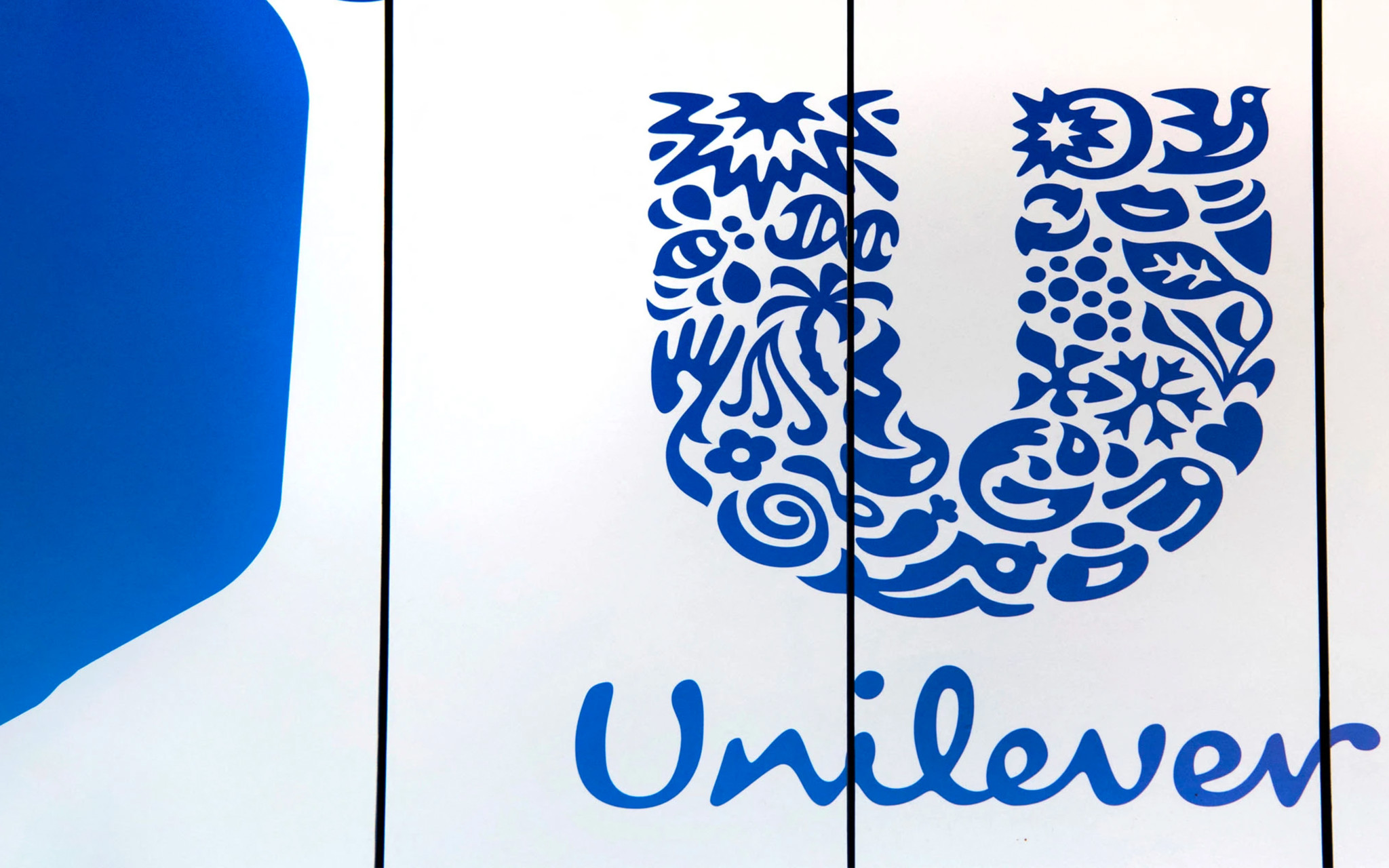
News Won’t Die – It Will Be Hijacked
26/06/2025
01/10/2023

Why does mayonnaise need a ‘purpose’?
Recently one of Britain’s best known investors has attacked Unilever for its “ludicrous” focus on ‘agendas’, in a sign of growing frustration at big corporate companies championing fashionable causes.
Terry Smith said that the consumer goods giant has become “obsessed” with its public image and mocked its efforts to advertise brands such as Hellman’s mayonnaise with a higher purpose.
Not content with being a humble condiment, the 100-year-old spread aspires to “inspire consumers to be more resourceful with their food and waste less”.
Or how about Knorr stock cubes? Its mission is to “reinvent food for humanity”, while Ben & Jerry’s apparently thinks its ice cream “can change the world”. Sunsilk shampoo meanwhile, hopes to improve “life opportunities for young women in developing countries”.
In a letter Mr Smith said: “A company which feels it has to define the purpose of Hellmann’s mayonnaise has, in our view, clearly lost the plot.
“The Hellmann’s brand has existed since 1913 so we would guess that by now consumers have figured out its purpose (spoiler alert – salads and sandwiches).”
Mr Smith said “the most obvious manifestation” of this was how Unilever-owned Ben & Jerry’s ice cream refused to supply the West Bank.
This just the tip of the iceberg when it comes to brands and their ‘purpose’.
Why does Unilever believe they need to push these messages? Does it think it will increase sales? If that’s the case, then it is not working. In the past year, shares have fallen 9pc when the UK market has risen 11pc, while pre-tax profits have fallen for two consecutive years from €12.4bn (£10.3bn) in 2018 to €8bn in 2020.
It would appear that advertising is no longer about selling products, it is no longer about condiments, razors or chocolate bars.
It is about selling ideas and trying to change people’s perceptions of the world. It is called purpose driven advertising and it is becoming a preoccupation with marketing departments everywhere. They are obsessed with public virtue signalling at the expense of focusing on the fundamentals of the business. They wany to change people’s opinions of reality and how they view the world. It has nothing to do with selling products.
With the potential for major shareholders to lose patience, I expect corporate do-goodery may have a short shelf life.